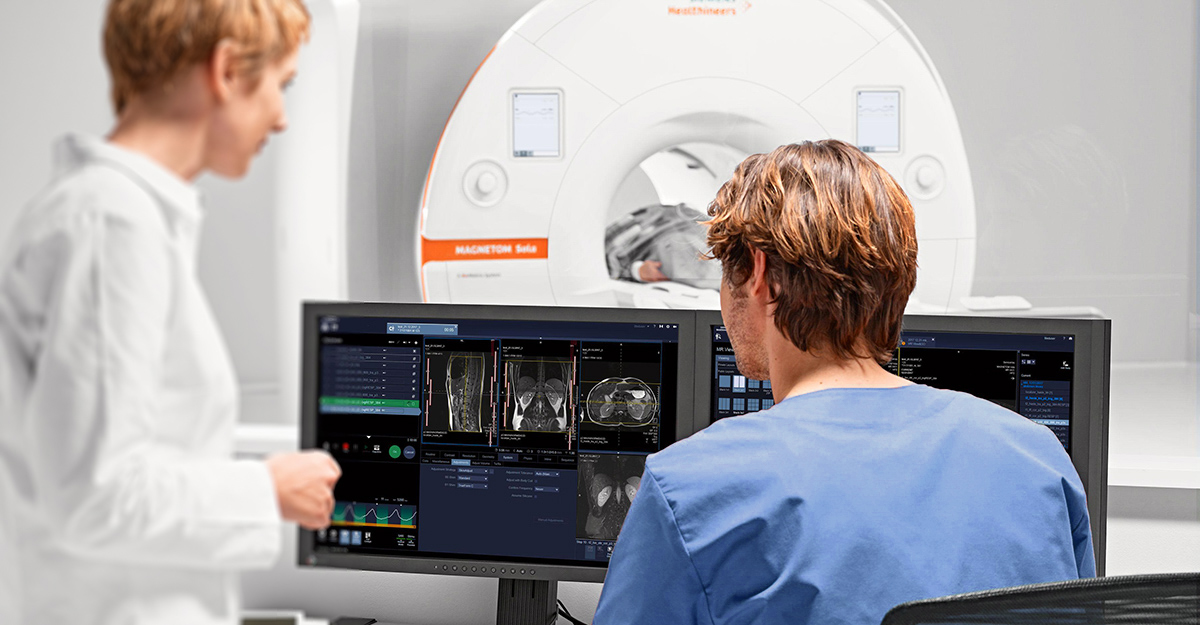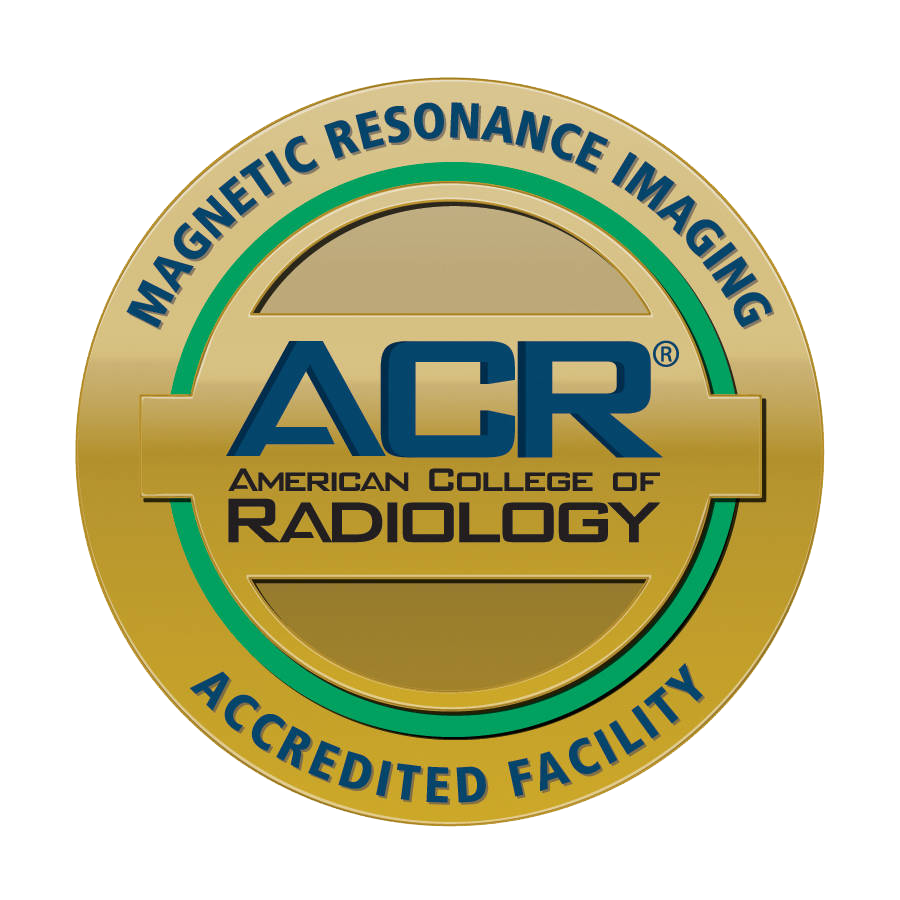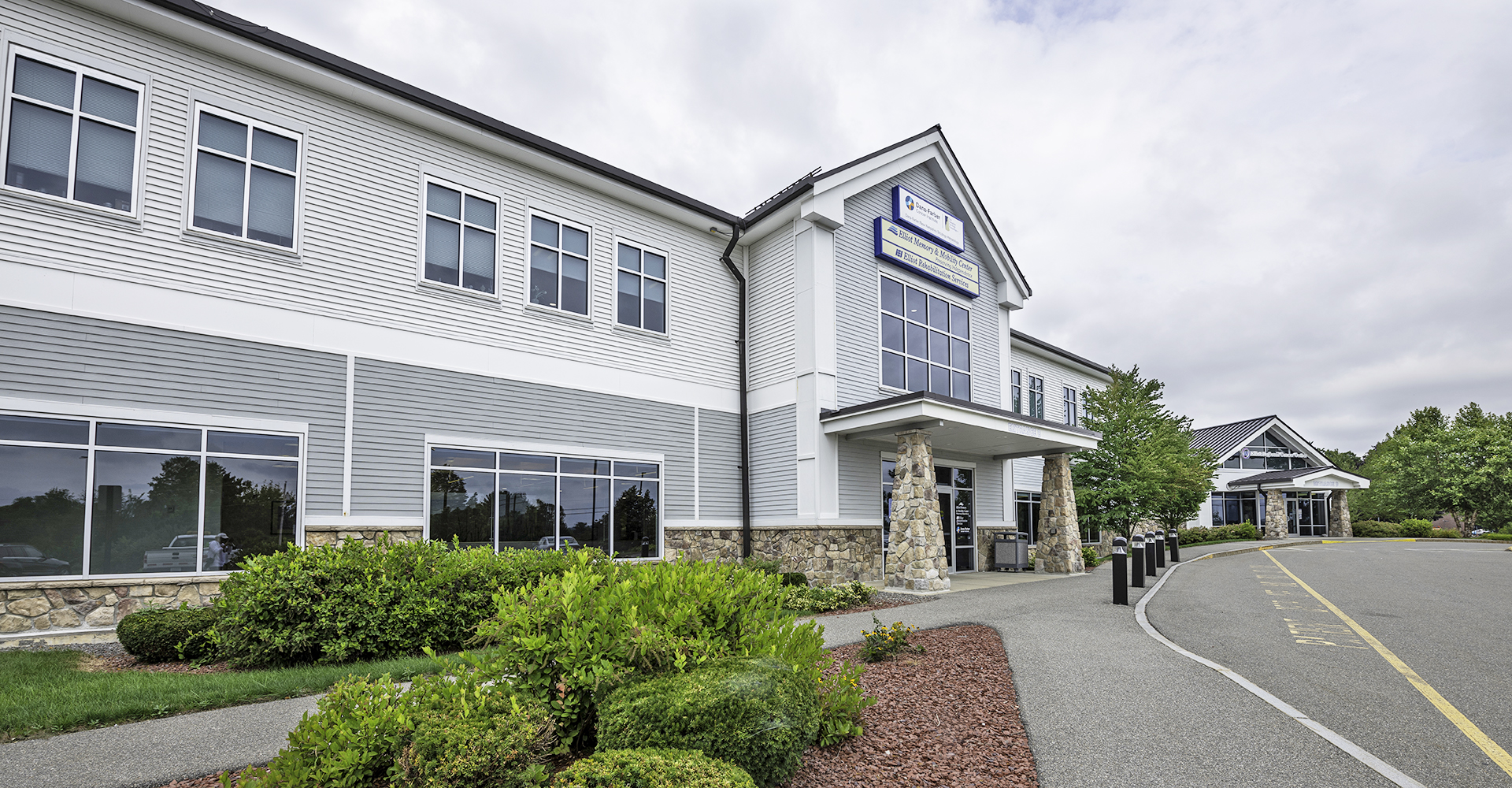If you have been scheduled for a MRI Guided Breast Biopsy you will be asked to arrive 30 minutes prior to the start of your exam. After the necessary safety screening form is complete you will be asked to change into clothing without any metal and will be given a gown to change from the waist up.
Elliot at River’s Edge utilizes a 3Tesla high field MR system to obtain all breast imaging and perform all breast MR Guided Biopsies.
After you have changed and your IV has been started, someone from the interventional team will sit down to go over the post procedure instructions. The Radiologist performing your exam will also explain the procedure including benefits and risks and have you sign consent.
The MRI Guided Biopsy requires a miniature version of the diagnostic MRI you had recently. Again this exam requires contrast and your IV will be used to administer a contrast agent called Gadavist.
Once in the scan room you will be asked to lie on your stomach onto our dedicated breast coil which was used for your diagnostic exam. The breast of concern will be placed in compression and a grid device will be placed by the Radiologist to help aid with locating the area of interest.
The procedure will take approximately 1 Hour from start to finish. We will be taking a series of pictures to determine the area of interest and then to confirm the location of the biopsy device. All of the series will be a combination of individual scans lasting only 1 minute.
The images obtain during the MRI will be sent to a special CAD system located in the control room where a Radiologist dedicated to Breast MRI will determine coordinates to locate the area of interest.
A breast tissue marker made of titanium (nonferrous material) will be placed in the breast in the area where the biopsy was performed. After the procedure is complete the interventional team will assist holding pressure on the breast and apply a dressing.
After the procedure is over you will be taken to the Mammography department for a gentle mammogram to document the clip placement.
NOTE: You are welcome to bring loved ones with you for support. They can wait in our waiting room until the test is complete.





